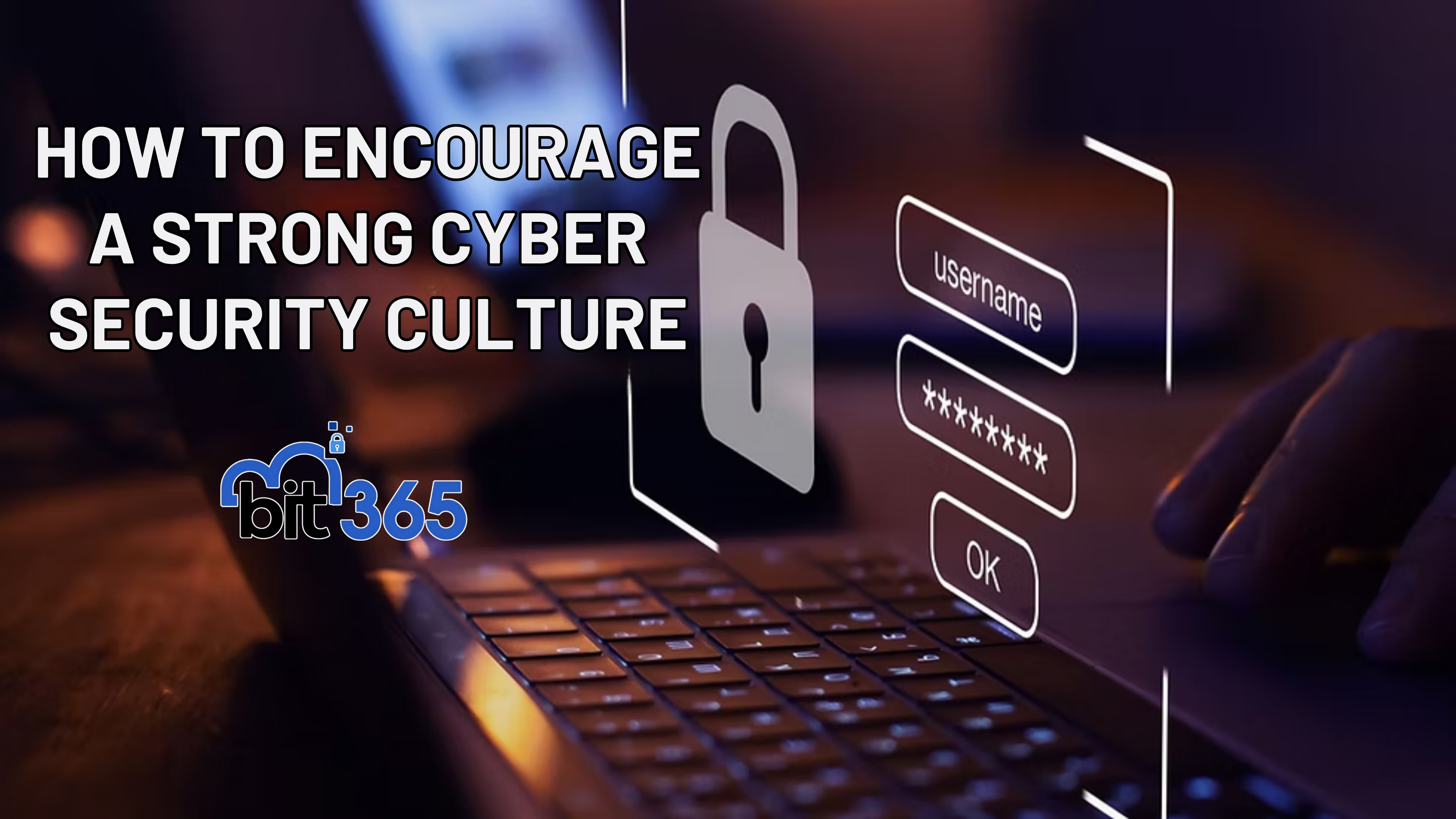
Got IT issues slowing you down? We provide both on-site and remote support across Australia, so help is never far away.
In today’s digital world, protecting your business email is no longer optional - it’s essential. Every day, cybercriminals are launching sophisticated phishing attacks, impersonating businesses, and trying to deceive customers, partners, and even employees. One of the most effective ways to defend against this is by implementing DMARC.
But what exactly is DMARC, and why is it so important for businesses of all sizes?
DMARC stands for Domain-based Message Authentication, Reporting, and Conformance. It’s an email authentication protocol that helps protect your email domain from being used by cybercriminals for spoofing, phishing, and other fraudulent activities.
In simple terms, DMARC acts like a security checkpoint for your email domain. It ensures that only authorised emails get delivered on your behalf and blocks suspicious or unauthorised messages.
Implementing DMARC is critical because it:
Your brand's reputation is one of your most valuable assets. If cybercriminals spoof your domain and send fake emails pretending to be you, it can severely damage the trust you’ve built with customers and partners. DMARC helps prevent unauthorised use of your domain, preserving your reputation.
Phishing attacks are becoming more convincing and frequent. Attackers often impersonate trusted brands to trick users into revealing sensitive information or making fraudulent payments. By using DMARC, you drastically reduce the chances of attackers successfully spoofing your domain.
When your emails are properly authenticated with DMARC (along with SPF and DKIM), email providers like Gmail, Outlook, and others are more likely to trust your messages. This means fewer legitimate emails ending up in the spam folder - and better communication with your clients.
DMARC reports give you detailed insights into who is sending emails on your domain's behalf. This visibility helps you identify any unauthorised or suspicious activity, giving you the chance to take action before a problem escalates.
Implementing DMARC is now considered a security best practice. It’s recommended by leading cybersecurity organisations and often required by industries that handle sensitive data, like finance, healthcare, and government sectors.
DMARC builds upon two existing protocols:
With DMARC, you tell email providers what to do if an email fails SPF or DKIM checks - either:
This layered approach makes it much harder for attackers to impersonate your domain successfully.
Without DMARC, your business email domain is vulnerable. Cybercriminals could impersonate your domain to:
And the worst part? You might not even know it’s happening until the damage is done.
Despite its benefits, there are some myths that prevent businesses from implementing DMARC:
At BIT365, we specialise in helping Australian businesses implement DMARC, SPF, and DKIM policies to strengthen their email security. Our team ensures your domain is protected, compliant, and optimised for the best email deliverability.
We offer:
Don’t wait until your brand is impersonated - act today.
DMARC is a simple but powerful tool that protects your business, your customers, and your reputation from email-based cyber threats. By implementing DMARC, you’re not just adopting a technical standard - you’re making a proactive investment in the future of your business security.
If you want to learn how DMARC can safeguard your business and improve your email communications, get in touch with BIT365 today.

Got IT issues slowing you down? We provide both on-site and remote support across Australia, so help is never far away.
BIT365 offers a full range of managed IT services, including cybersecurity, cloud solutions, Microsoft 365 support, data backup, and on-site or remote tech support for businesses across Australia.
No. While we have a strong presence in Western Sydney, BIT365 supports businesses nationwide — delivering reliable IT solutions both remotely and on-site.
We pride ourselves on fast response times. With remote access tools and on-site technicians, BIT365 can often resolve issues the same day, keeping your business running smoothly.
BIT365 combines local expertise with enterprise-grade solutions. We’re proactive, not just reactive — preventing issues before they impact your business. Plus, our friendly team explains IT in plain English, so you always know what’s happening.
